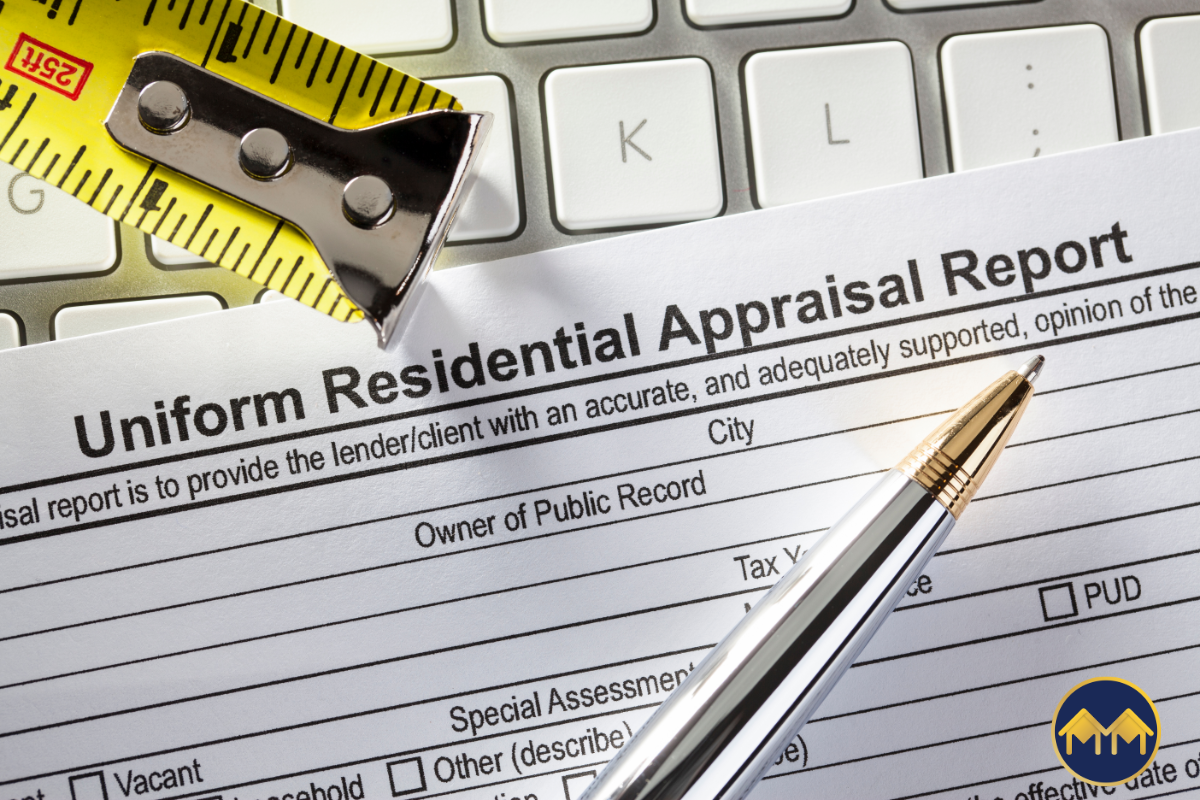The Uniform Standards of Professional Appraisal Practice, 2024 USPAP have tirelessly formulated and enforced the ethical and performance mandates for US appraisers over the years. Amidst rising concerns over the ambiguous language perceived to facilitate discrimination. The Appraisal Standards Board (ASB) has taken decisive steps to rectify this. This blog post offers a detailed examination of the revised ETHICS RULE, specifically the Nondiscrimination section, and outlines its implications for the 2024 USPAP
The Revised Nondiscrimination of the ETHICS RULE
Recent years have shed light on the alleged discriminatory practices in appraisals. Propelling the ASB to meticulously modify the ETHICS RULE to unambiguously prohibit such conduct. This revision has primarily invigorated the Nondiscrimination section. Eliminates the previous language regarding unsupported and supported conclusions, and instills the imperative nondiscrimination mandate.
Put plainly, the updated Nondiscrimination section obliges appraisers not to act “in a manner that violates or contributes to a violation of federal, state, or local antidiscrimination laws or regulations.” The section cites three fundamental federal laws prominently focused on nondiscrimination and relevant to appraisal practice. These are the Fair Housing Act (FH Act), the Equal Credit Opportunity Act (ECOA), and the Civil Rights Act of 1866. The newly refashioned section also presents the concepts of disparate treatment and disparate impact. Cornerstones to comprehend fair lending, fair housing, and pertinent regulations, crystal-clear.
The section concludes with a discussion of the importance of fair lending and fair housing in the appraisal process. It emphasizes that appraisers must be aware of their obligations under these laws and regulations. As well as those of their clients, in order to ensure that they are not contributing to discrimination.
Consequences for Appraisers
Every change comes with a ripple of adaptive modifications, and this alteration is no different. To those worried about this metamorphosis convergence on appraisals, the relief is that there are no new duties for appraisers within this section of the ETHICS RULE. Indeed, appraisers always had the obligation to comprehend and conform to the laws and regulations pertinent to both them and the respective assignment. They were also forbidden to perform assignments with bias, reflective in the 2024 edition of USPAP.
What sets the new 2024 USPAP edition apart is its unequivocal language regarding an appraiser’s ethical responsibility to abstain from any form of discrimination.
The new 2024 USPAP edition is not a radical departure from the 2018 edition. It builds on the foundation of the 2018 edition and adds some new language to clarify and strengthen appraisers’ ethical responsibilities. The most significant change in this regard is that appraisers are now explicitly prohibited from discriminating against any person or group on the basis of race, color, religion, sex (including pregnancy), national origin, age (40 or older), disability status (physical or mental), genetic information (including family medical history), sexual orientation or gender identity.
Adapting to the Changes
Now, what does this mean for the daily practices of the appraisers and how they approach their work? We present a simplified guide to navigate this modification.
1. Be aware of the new requirements and make sure you are in compliance with them. This includes understanding what constitutes discrimination and how to avoid it. As well as being familiar with your state’s laws on the subject.
2. Review your policies and procedures to ensure they are up-to-date and reflect these changes. You may need to update your employee handbook or other documents that outline how you handle complaints about discrimination or harassment.
3. Train your employees on the new requirements and how to comply with them. This includes providing them with a copy of your updated policies and procedures. As well as any training materials you have developed.
4. Monitor compliance by conducting regular audits of your company’s practices and procedures. You may also want to consider hiring an outside consultant or attorney who specializes in employment law. To review these documents for you.
Understanding the New Addition
Take your time to process the new ETHICS RULE thoroughly. Understanding its language and legal references are crucial. Appraisers should familiarize themselves not only with the additional federal laws mentioned. But also with the concepts of disparate impact and treatment.
The new ETHICS RULE is a significant addition to the Uniform Standards of Professional Appraisal Practice (USPAP). It requires appraisers to comply with federal laws. That prohibit discrimination on the basis of race, color, religion, sex or national origin in employment and housing. The rule also prohibits appraisers from engaging in any activity that would violate these laws.
Continued Awareness and Compliance
Ethics have always been a cornerstone in the appraisal profession, and they continue to be. The need for being vigilant of ever-changing laws and regulations, and adhering to them, become more critical with this update.
The new rule is effective immediately, and appraisers must comply with it. The rule does not require appraisers to take any specific action. But rather serves as a reminder of the importance of ethics in the appraisal profession. By completing the new USPAP sooner than later will help.
Maintaining Fair Practices
The Nondiscrimination section re-emphasizes the importance of eliminating bias from appraisal work. It reinforces the concept that appraisers must serve all audiences and stakeholders without bias.
Responding to Scrutiny
With heightened emphasis on discrimination, there may be increased scrutiny of appraisal reports for potential signs of discrimination. Appraisers should be prepared to address questions about their decisions and to support the conclusions they reach.
These renovations have been established to clarify the murky waters of ethical appraising. The Nondiscrimination section has not only fortified the ETHICS RULE. But also implicitly resulted in a domino effect of nurturing an environment that treasures equality and fairness.
The revision of the ETHICS RULE in the 2024 USPAP signifies a significant turning point. In our continued commitment to sharpen the standards of appraisal. It aims to provide clarity, objects towards maintaining a nondiscriminatory practice. And upholds the immutable principles of the appraisal profession. Weaving in this ethical tapestry to daily practices is the way forward. Creating a harmonious balance between quality appraisals and fairness. The two key components to the persisting success of the appraisal industry.
Related Blog Posts
Join Over 100,000 Students Enjoying Manfred School Now
Become Part of Manfred School to Further Your Career.





